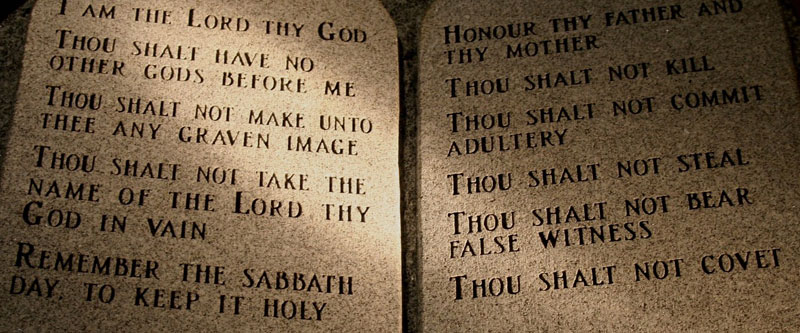“The earth is the Lord’s and the fullness thereof, the world and those who dwell therein, for he has founded it upon the seas and established it upon the rivers.” Psalm 24:1-2 (ESV).
There is a reason the Bible begins with creation. Genesis 1:1 tells us that “In the beginning God created the heavens and the earth.” God is the creator of our world. Everything we see in nature has been created by God. More than that, from Colossians 1:16 we know God’s creative work extends beyond the visible into the realms of the invisible too. In short, God made all things and continues to hold them together. Because God is the creator and sustainer of all things, all things belong to him and are obligated to him. Understanding this to be true about God, there are several observations we can make about how we should then relate to our Creator with our time, treasure and talents:
- Time. So often we treat time as a commodity to be distributed as we please. However, in our work environments we do not behave this way. We do not check into work and decide to have some “me-time” in the middle of the board meeting or construction project. Our bosses ensure we accomplish our tasks for the good of the company. However, the doctrine of vocation stemming from the protestant reformation teaches that all our work should be done with God in view. Our time should not be spent with a horizontal orientation, thinking primarily about men. Rather, our time should be spent with a vertical orientation, thinking primarily about God. He made us and our work. So we ought to honor God with our time.
- Treasure. Since God made all things he is the owner of all things. Whatever we have we received from God’s hand. We live in a materialistic culture and our tendency can be to treat the blessings of this life as ours and to enjoy them exclusively for our own benefits. Yet Proverbs 3:9 charges us to honor God with our wealth. The question is not what we would want to do with our treasure, but what God would have us do with his treasure. In the Sermon on the Mount Jesus charges us to seek first the kingdom of God and his righteousness. That should be our orientation in the use of our money as well.
- Talent. Talents do not only describe the people who are gifted singers and musicians. Talents of all stripes are needed to strengthen the church. All church members have a talent which can be used to strengthen her. Some will be talented in ways completely conspicuous to others. Some have been given gifts to be used in very public ways. The talent given is less significant than the way it is used. We should use our talents wisely, to the glory of the One who gave them: our Creator.
God as creator is a significant theological truth. Our Creator is not our peer, but he is Lord of the universe. Since we also are part of his creation, we must recognize our obligation to him. He has given us time, treasure and talents to be used joyfully as we serve him. Yet our joy is not the primary objective in our living. Our chief end is to glorify God and enjoy him forever. That statement, my dear friends, is not a suggestion. As his creatures, it is our obligation.










